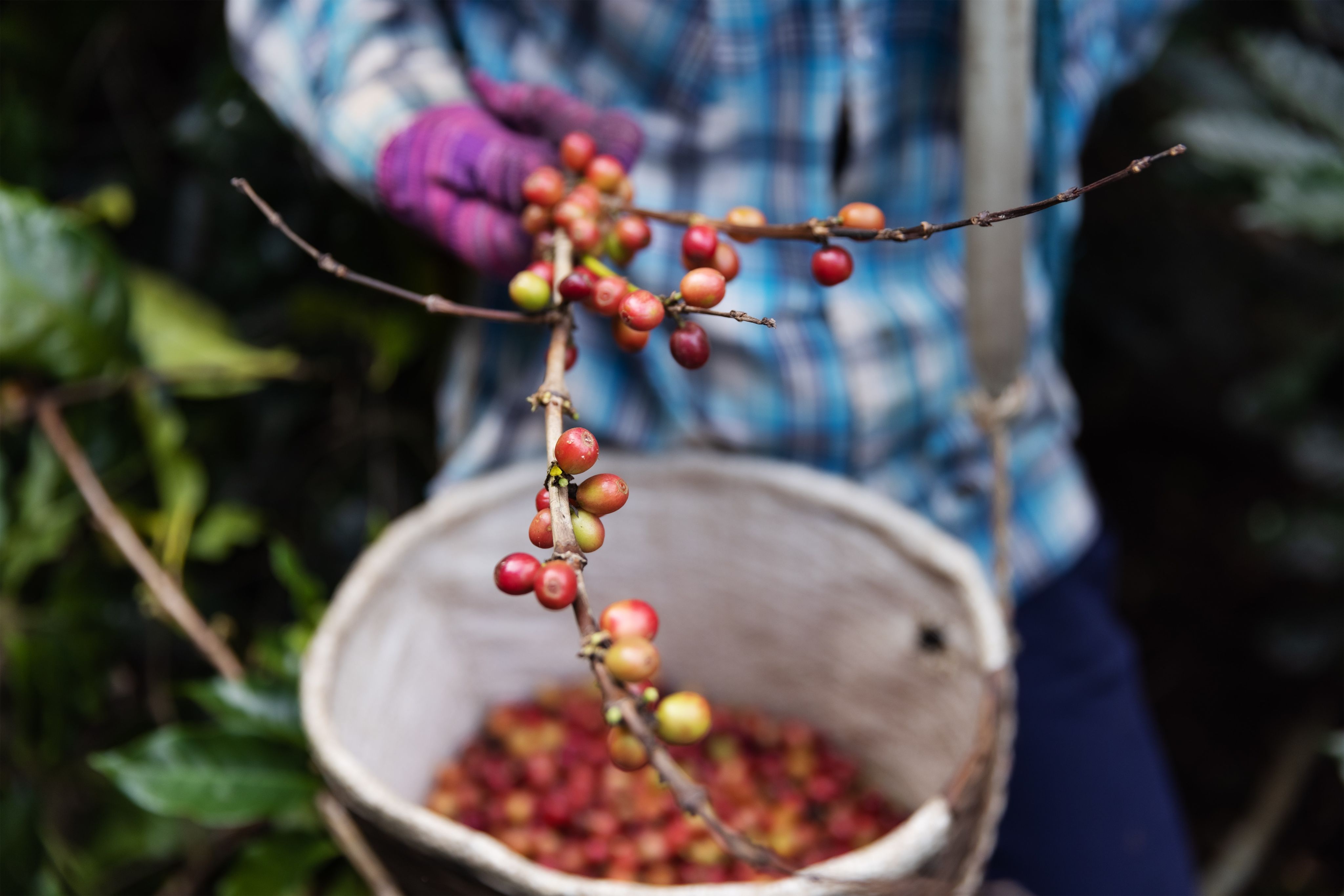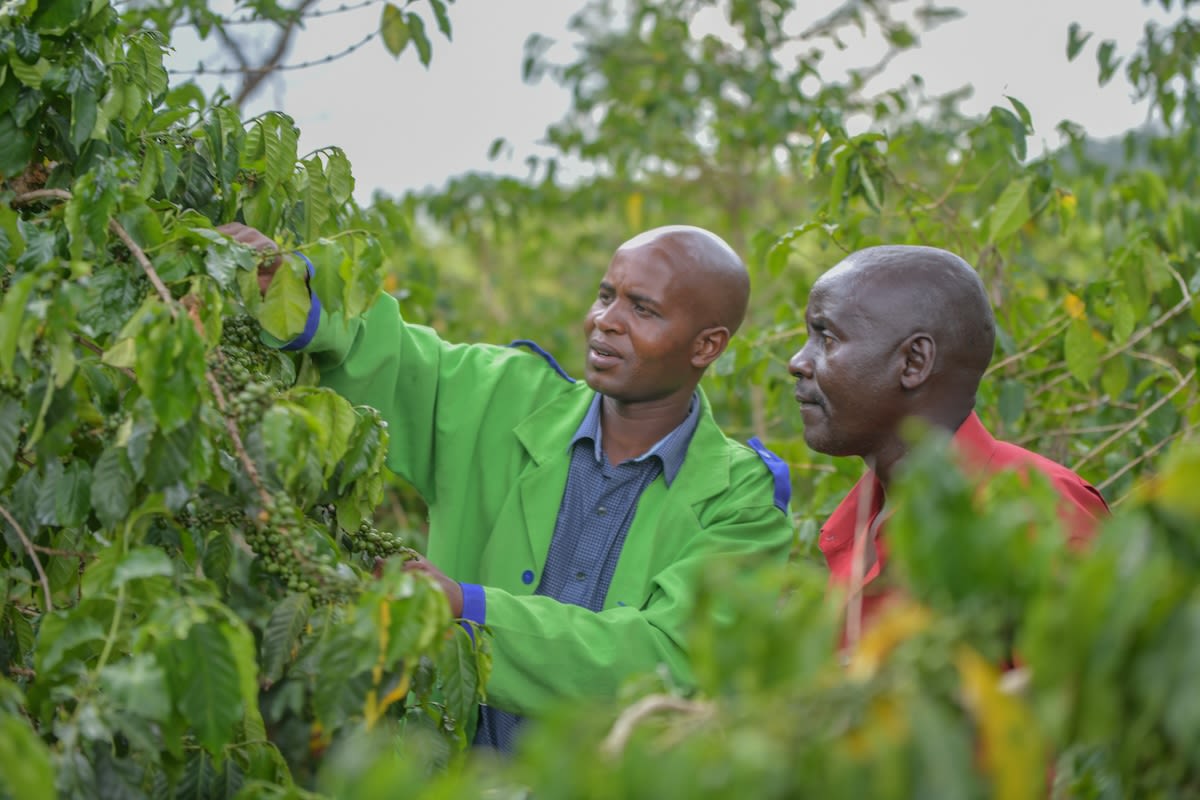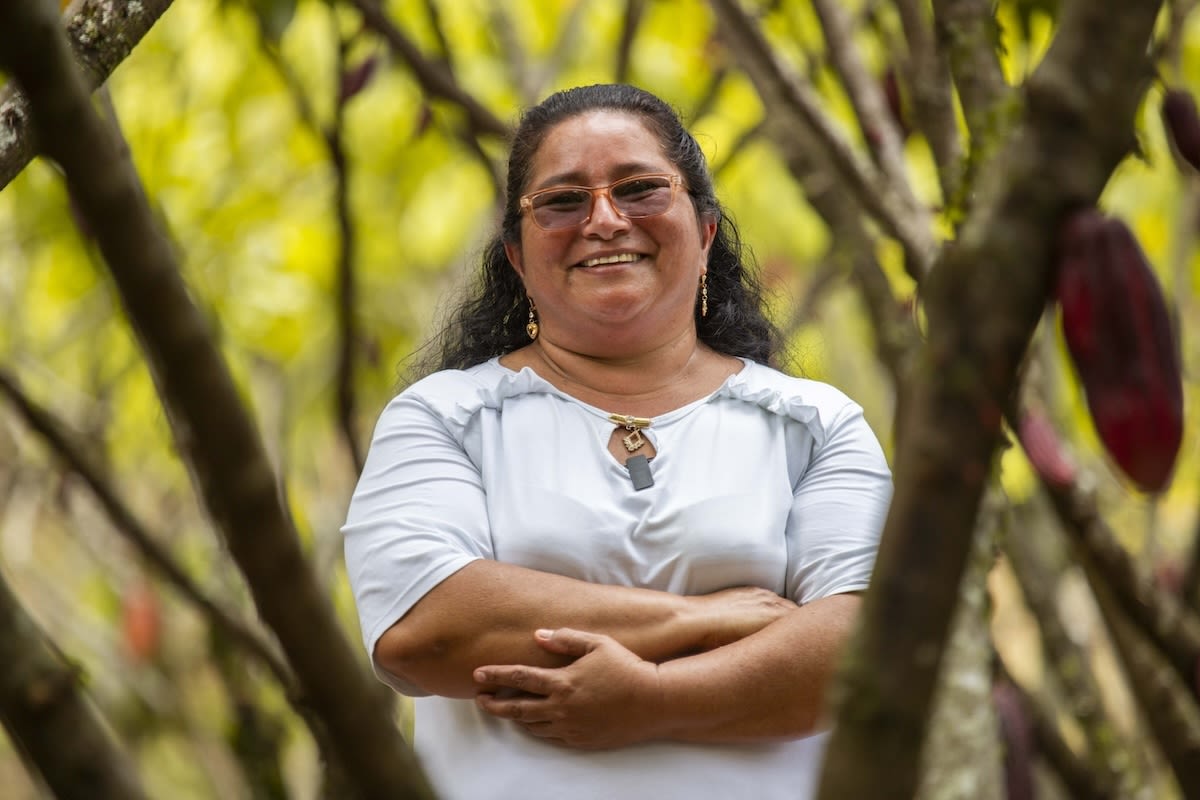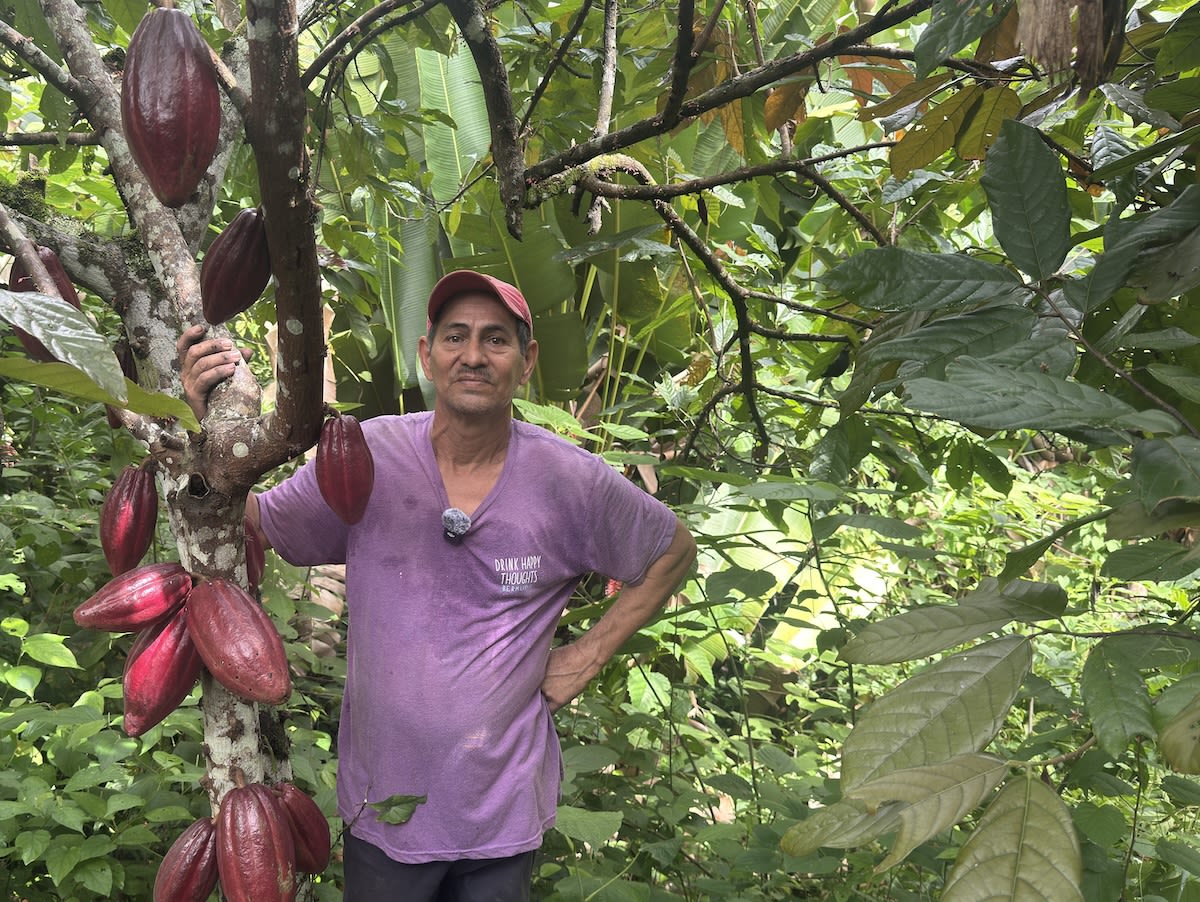SMALL FARMER ATLAS
BANANAS
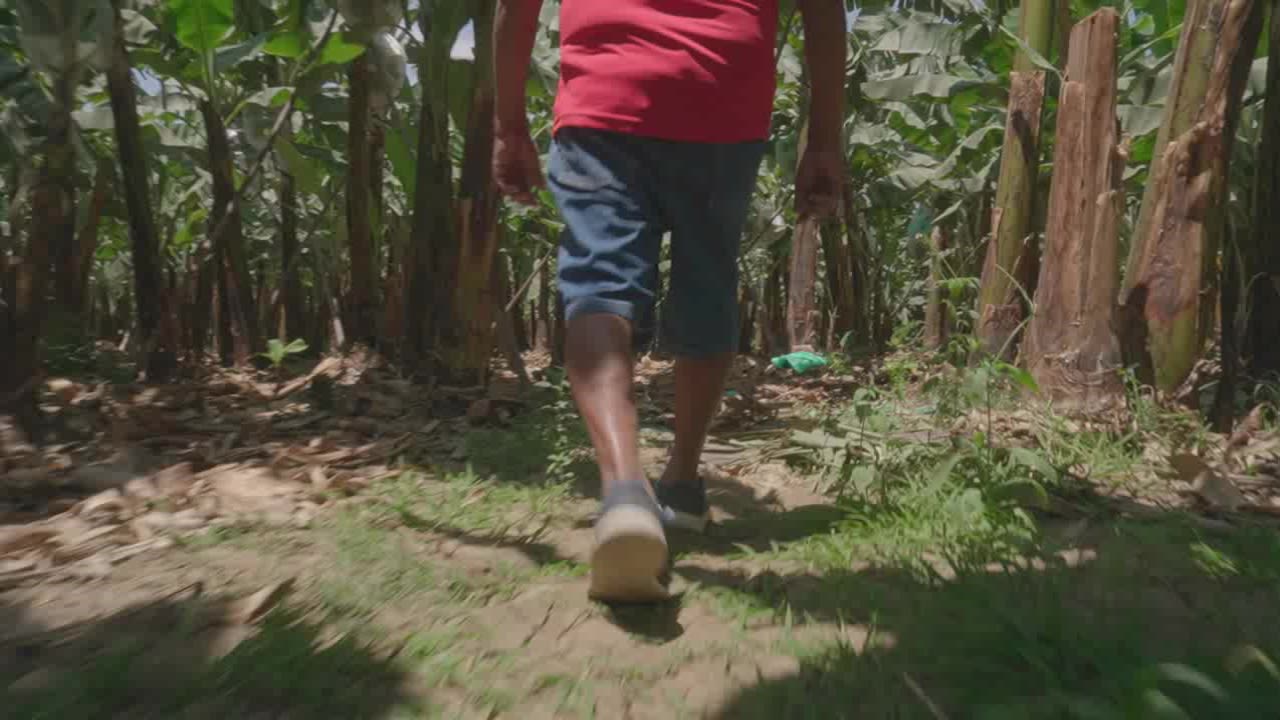
Bananas are grown in 135 countries. In contrast to export sectors, such as cocoa or coffee, bananas are predominantly produced by small-scale farmers for domestic consumption. Though Asia is the largest producer of bananas, Latin America and the Caribbean is the largest exporting region, responsible for approximately 80% of global exports.
The Small Farmer Atlas explores the perceptions of small-scale farmers on a wide range of sustainability topics centered on three themes: prosperity, inclusivity and balance with nature. Small-scale banana farmers from India, Peru and Tanzania are included in this report.
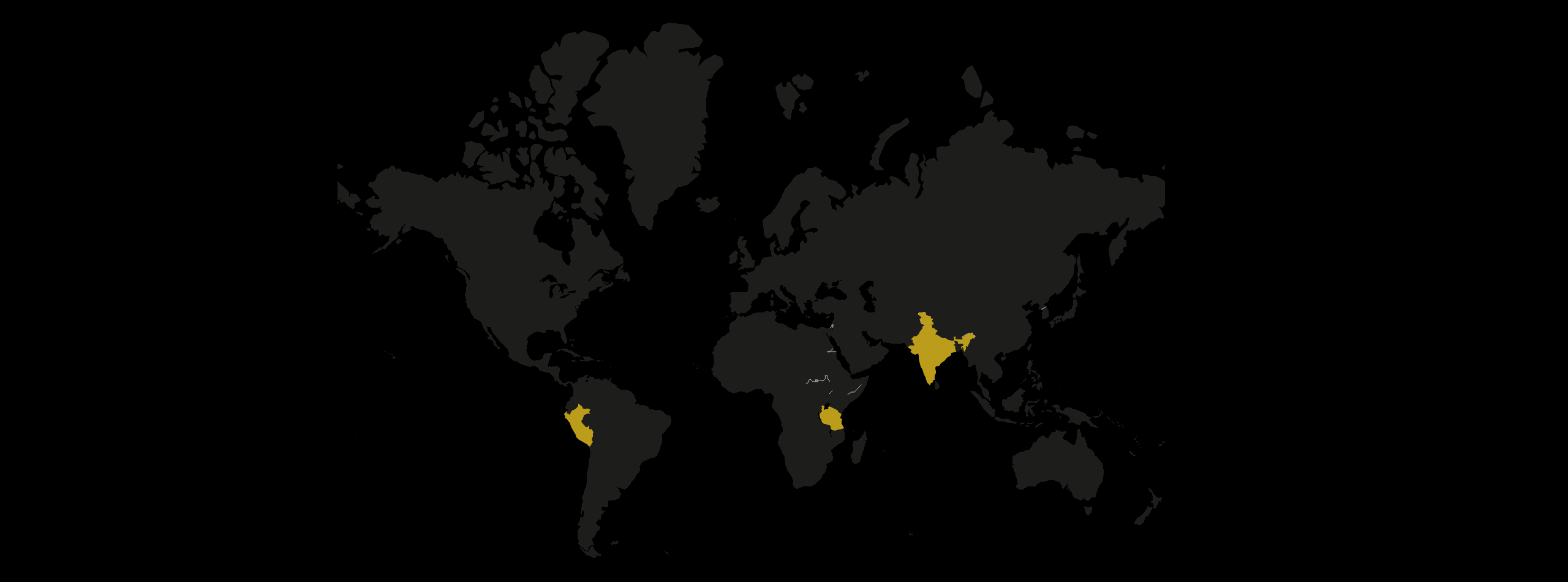
SMALL FARMER ATLAS
PERCEPTIONS ON BANANAS

Perceptions vary widely among banana farmers in the countries covered in the Small Farmer Atlas, largely due to the dominant business model – local consumption or export markets. What is common is that all are dissatisfied with the level of market inclusion and perceive serious threats related to climate change.
When asked if the income is commensurate with the effort, 40 percent of farmers in India and Tanzania disagree with the statement. Similarly, when asked about their ability to manage price volatility, a third of the farmers in India and more than half in Tanzania respond negatively. Farmers in Peru respond more negatively across all three themes.
PROSPERITY
Farmers producing bananas in Tanzania and India respond more positively on prosperity questions than farmers in Peru. This may be because the farmers from Tanzania rely less on bananas for their primary source of income, while farmers in Peru export more of their crop and are therefore subject to price volatility.
INCLUSIVITY
There is concern about inclusivity among all farmers, but especially those serving export markets. Women, in particular, lack access to resources, inputs and markets.
NATURE
Increasing global temperatures over the past 50 years have been favorable to banana production, however the changing climate aids the spread of diseases, like the fungal disease TR4, which threatens global production.
SMALL FARMER ATLAS
SUPPLY CHAIN

As a perishable product, bananas require strict logistics and quality control, which are difficult for small-scale farmers to achieve. Trade is organized and dominated by vertically integrated companies that generally manage production, packaging, shipping, import and ripening. This explains why bananas in the major export countries are grown on large-scale monoculture plantations covering several hundred hectares each. Peru, one of the countries we covered in this study, is one of the exceptions. Over the past 20 years they have transitioned from production for local consumption to a premium export market, mostly Fairtrade certified and organic, produced by small-scale farmers.
Most sustainable supply chain interventions and regulations are driven by companies or governments operating in major importing countries. Given the import of bananas in domestic consumption, interventions need to look outside export supply chains and be tailored to the millions of smallholders who depend on bananas for food security.
SMALL FARMER ATLAS
3 QUESTIONS

Though farmers producing bananas in India are largely satisfied with income from bananas, they face environmental challenges linked to soil quality deterioration and the unavailability of water.
Farmers in Peru respond negatively to statements on prosperity due to heavier reliance on export markets, which are subject to price volatility. Farmers also indicate that soil quality deterioration and limited access to water are affecting their farms.
Most Tanzanian farmers have few issues with soil quality or water availability, likely due to less intensive farming practices, with bananas as part of an intercropping. Farmers typically produce bananas for their own consumption and local markets and are less affected by price volatility.
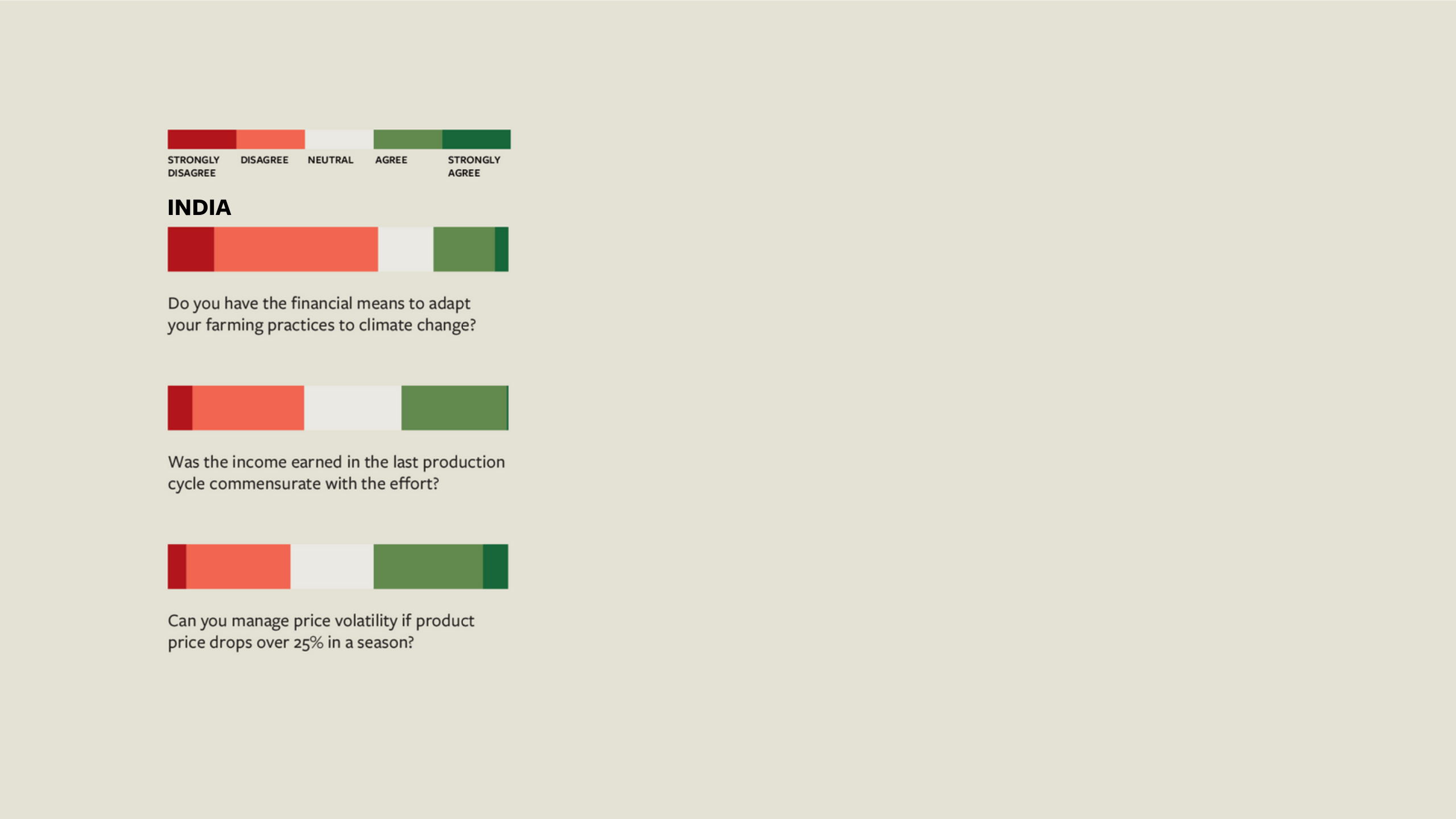
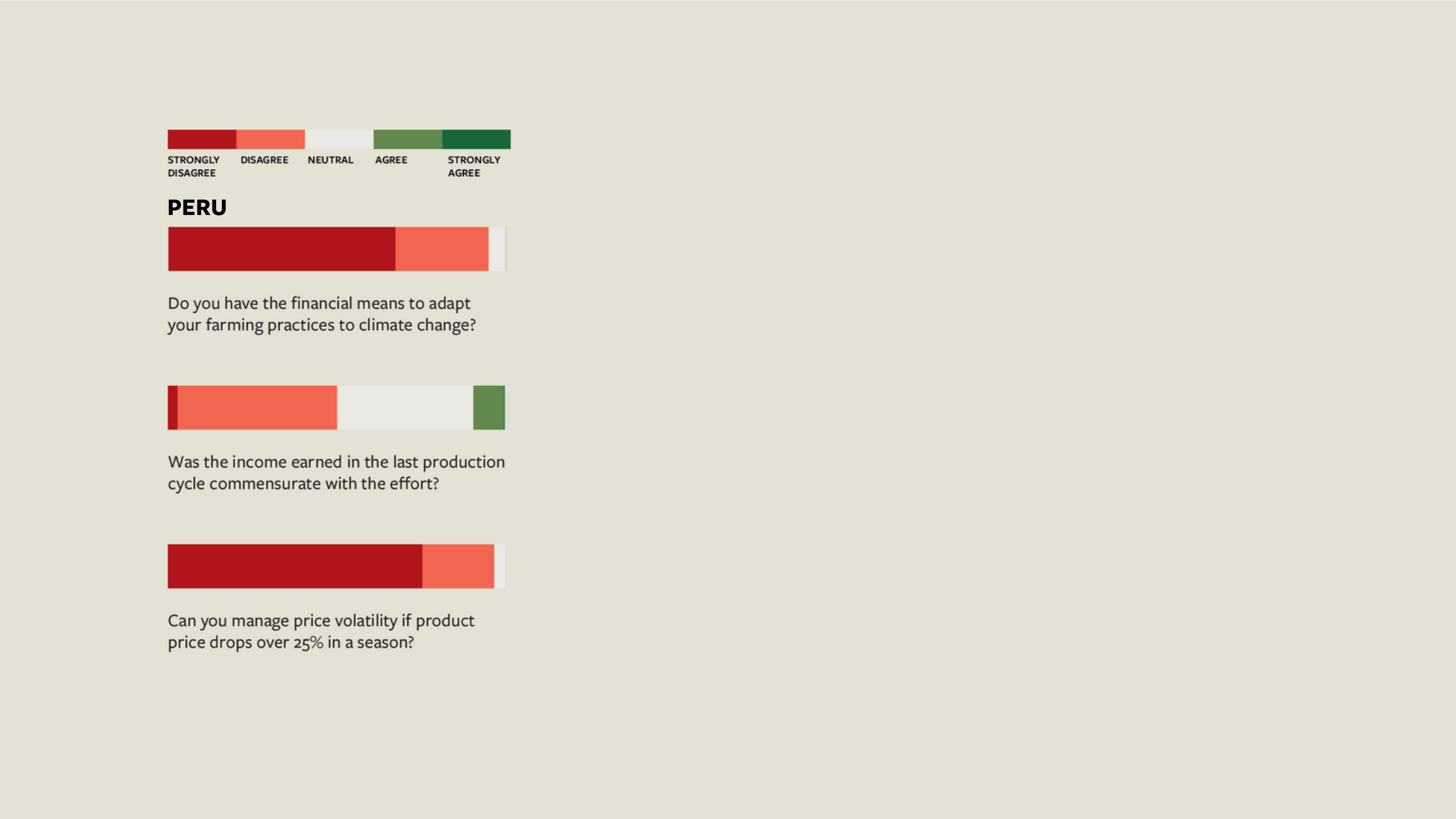
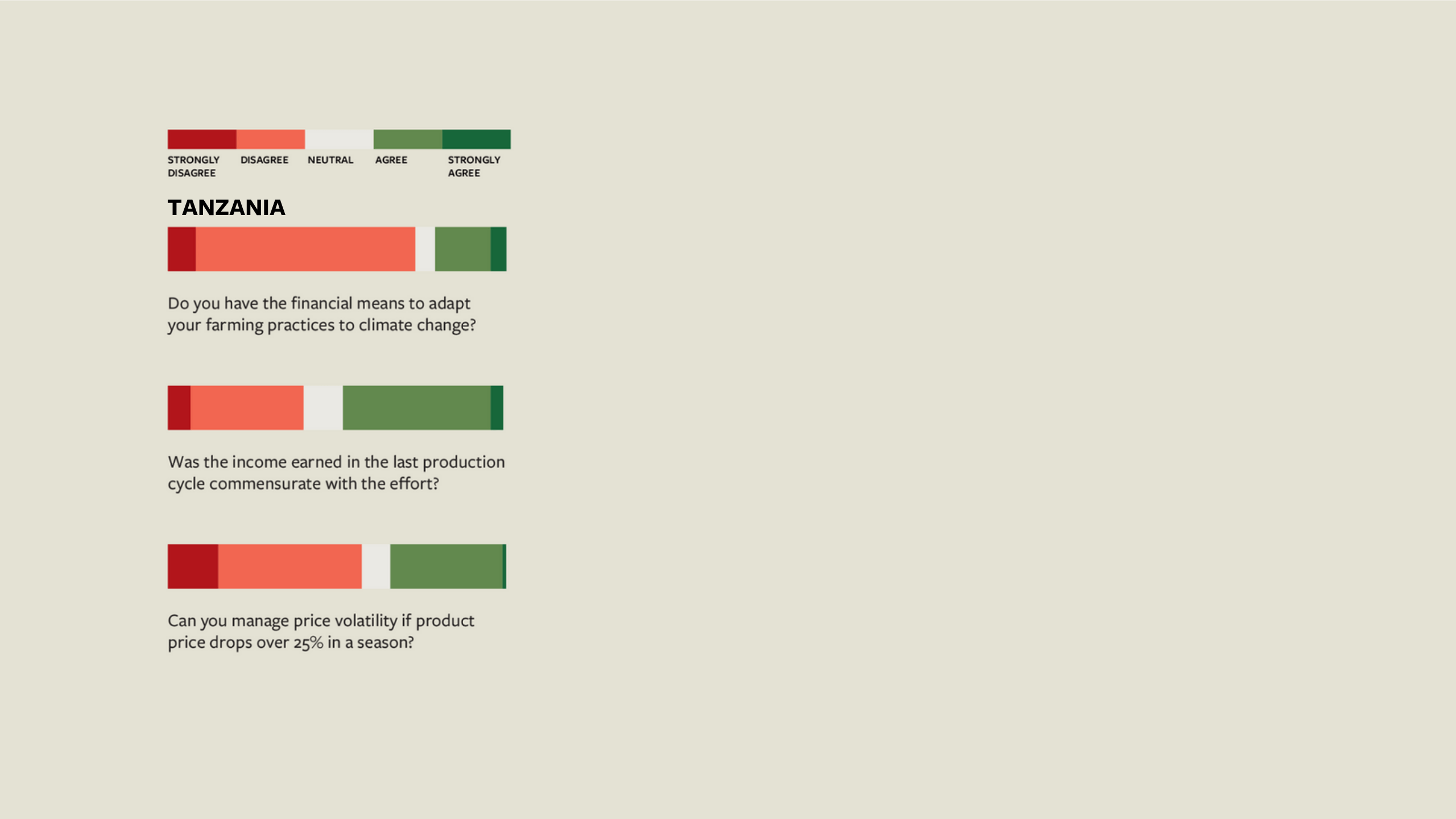
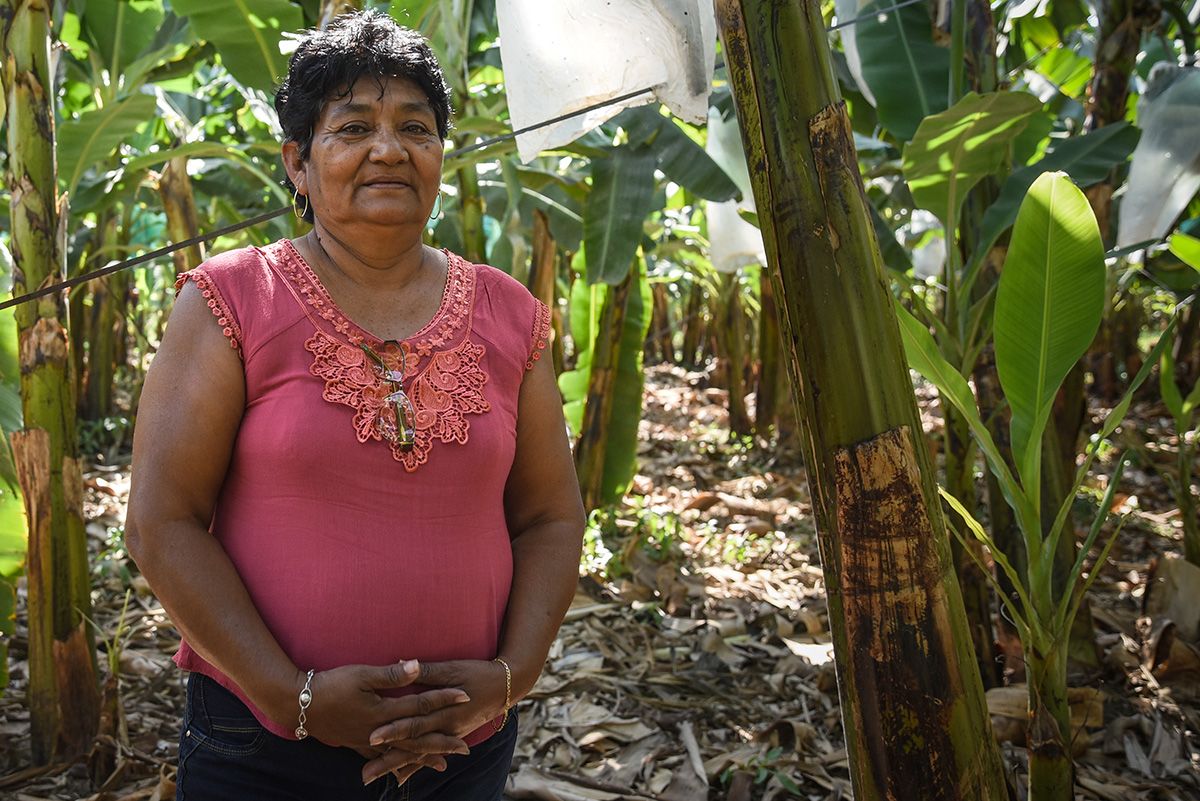
MEET SMALL-SCALE FARMERS
A JOURNEY IN SUSTAINABLE AGRICULTURE
In April 2020, Philemon Cheruiyot, a youth leader from Sorwot Farmers Cooperative Society in Kericho County, embarked on a journey that would redefine his career and impact his community.
UPHOLDING A VISION FOR RURAL WOMEN IN COLOMBIA
When climate change threatened María Isabel's cocoa farm, she found the solution in agroforestry. Achieving climate resilience shows how tradition and sustainability can power rural development.
BRINGING LIFE TO THE SOIL, REVITALIZING THE COMMUNITY
On land in Nicaragua, where the soil seemed to have surrendered to degradation, Don Toñito refused to give up. What began as a farmer’s struggle to revive a section of his cocoa plantation grew into a powerful community movement.

Join the discussion
Looking for further insights and ideas or just want to share with others? Join the Small Farmer Atlas LinkedIn Group.
Download the PDF
The full Small Farmer Atlas goes into detail on that current state of sustainability from farmers' perspective.
Explore the data
This website represents a small portion of the data collected. Sign up to access the Data Portal and learn more.
